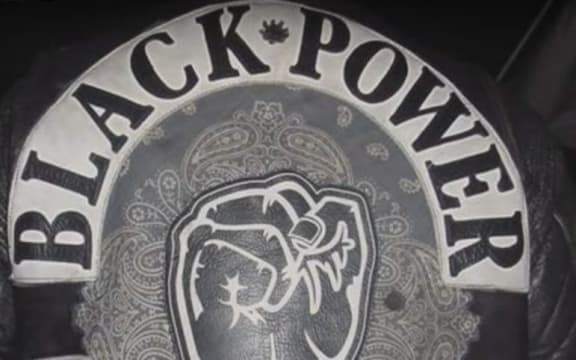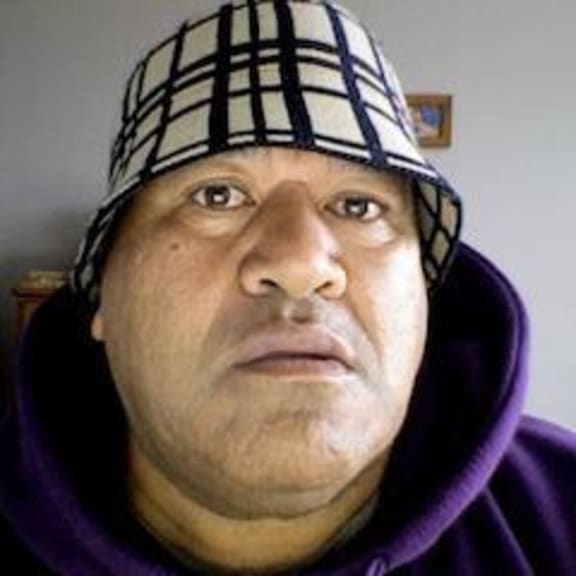The government should not be launching a multi-pronged attack on gangs but on criminals, a Black Power member says.

Photo: Youtube
Two pilot programmes have been put in place in the Bay of Plenty, and the East Coast to break what the government calls the intergenerational family gang cycle.
A new gang intelligence centre is also up and running to collect information on gang activities and family trees.
The initiatives follow the release of a report which said 60 percent of the nearly 6000 children born to gang parents were abused or neglected, 23 percent of gang children aged 10 or over had youth justice involvement with Child Youth and Family (CYF), and nine out of 10 gang members had received a benefit.
But Wellington Black Power member and community social worker Eugene Ryder said the initiative should focus on criminals rather than gangs, and that people should not be assumed to be a criminal because of their gang affiliation.
Mr Ryder told Nine to Noon he knew many gang members who were taxpayers working nine to five jobs, raising their children; making their lunches and walking them to school.
He accused the government of spin in its presentation of the gang statistics, saying the fact 23 percent of gang children aged over 10 were involved with youth justice meant 77 percent were not, "which is actually a good thing".
"But the government won't release those same stats that way, and they put it to a perspective that is basically scaremongering or attracting votes as an election is coming up," he said.
The gangs supported moves to get their partners and children out of "some of the bad situations" they were in, including helping them with jobs, better education and better housing.
"They do talk about gang life but I think what they actually mean is criminal life, and we actually support their stance that they support families out of criminal lifestyles," Mr Ryder said.
"The fact that they're just targetting gangs is kind of irrelevant. That data exists because of the way society looks at people ... it's kind of like the deserved and undeserved poor.
"To target a particular part of the community and think that if they're gone, the problems are gone, then that's pushing (it)."

Fa'afete Taito Photo: supplied
Former King Cobra gang member and P addict Fa'afete Taito - who served more than 14 years in prison for crimes including aggravated robbery and drug dealing - said the policy stigmatised gangs further.
People joined gangs because they had a connection to each other through similar, often abusive, backgrounds, and "they become your blood".
"Bloodlines are hard to break from. That's where your support base is so therefore the reality is that gangs will always be in New Zealand, and that type of commonality that they find amongst each other is where they feel comfortable with and they stay with," he told Nine to Noon.
"For me, all these new initiatives that they're trying to introduce, to me it's just another way of stigmatising marginalised communities, which are gangs," he said.
"If they're trying to reach out to the wives and the children of gang members, then that's not going to work, by stigmatising them further."
The key was to work with gang bosses to effect change, Mr Taito said.
Aiming to reduce harm
Organised and Financial Crime Agency New Zealand head Detective Superintendent Virginia Le Bas, who will lead the gang intelligence centre, said it's sole aim was to reduce the social, economic and physical harm caused by gang association.
The centre would be based at Police National Headquarters and would work with other agencies to identify children or families who could be helped, and collaborate on their approach to them.
"It is about safer communities, and I think that is a common purpose we all live in society for," she told Nine to Noon.
"As an experienced police officer, you do see the inter-generational harm and that ... it does break your heart.
"I don't think there's a police officer that hasn't been around in my length of time or longer that doesn't see this and think this is a wonderful opportunity to work together and look for opportunities to have these young children having careers or working in industry or being in sporting teams, rather than being in jail."
Ms Le Bas was confident there were people within the gang community who could be rehabilitated and likened it to giving up smoking: first the harm was highlighted, and then the ways to reduce that harm were worked on.
"The whole intention and purpose, and it's very clear, it's around reduction of harm, the social, economic and individual physical harm for people," she said.
Police Minister Judith Collins said violence bred violence and the government needed to do what it could to break the family gang cycle.
"If you go through the family violence statistics, if you go through the number of people and look at the people in jail, they are almost invariably victims of family violence themselves somewhere along the line.
"There are lots of victims of family violence who don't go on to become perpetrators but in gangs they invariably will," she said.
Ms Collins said the gang intelligence centre would use its information to disrupt and dismantle illegal gang activities and to identify and offer support to the those who want out.

